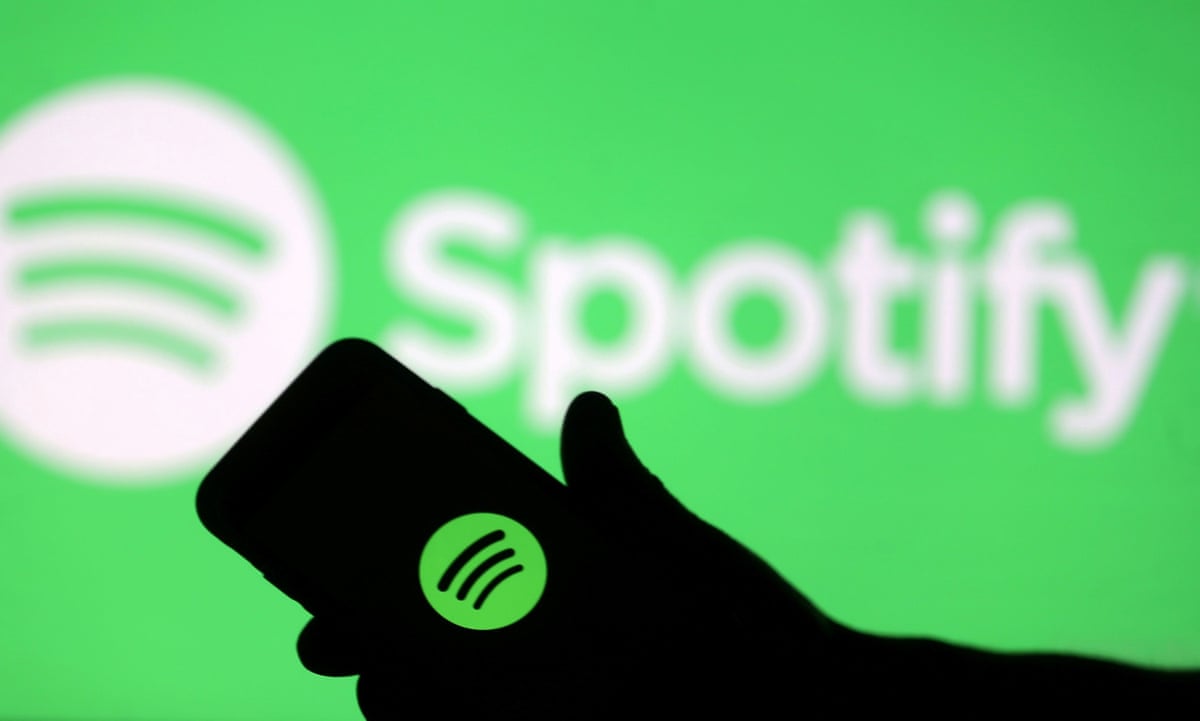Spotify has released new measures to safeguard the music industry from the misuse of generative AI. The global streaming giant, which has already removed more than 75 million spam tracks in the past year, says the policies will tackle vocal impersonation, spam uploads, and the lack of transparency around AI-generated music.
The Wednesday announcement comes at a time when Africa’s music economy is increasingly streamed on global streaming platforms. For artists, Spotify gives access to global audiences and is a vital source of revenue. Yet, this access is under pressure from a flood of AI-generated low-quality tracks and fraudulent uploads that exploit streaming algorithms and divert royalties away from authentic musicians. Spotify’s new rules are meant to curb those abuses while leaving room for artists to decide if and how they want to use AI creatively.
One of the central changes is a tougher stance on impersonation. AI deepfake technology has made it easier than ever to clone an artist’s voice, but Spotify’s updated policy states that vocal impersonation is only permitted with explicit authorisation from the artist.
This is particularly important for African creators, many of whom are gaining international recognition through streaming but face the risk of their voices being cloned without consent. In Nigeria, for instance, where Afrobeats, one of Africa’s biggest cultural exports, AI-generated knock-offs could not only confuse fans but also siphon off royalties that should be building the careers of real artistes.
Spotify is also addressing the problem of fraudulent uploads. Impersonators have been known to hijack artists’ profiles and upload music under their names. Spotify says it is testing prevention tactics with distributors to stop these attacks at the source and will improve its “content mismatch” system so that artists can report and resolve cases more quickly, even before official release dates.
Another major step is the introduction of AI disclosures in music credits. The company has joined industry partners to develop a new standard through DDEX, a standards-setting organisation focused on the exchange of data and information across the music industry, allowing artistes and producers to specify where AI was involved in a track..
As Spotify puts it, unauthorised AI use “undermines artistry and threatens the integrity of the work.” For Africa’s musicians, who are rapidly scaling from local stages to global arenas, that integrity could make the difference between being heard and being drowned out by machines.
Mark your calendars! Moonshot by is back in Lagos on October 15–16! Meet and learn from Africa’s top founders, creatives & tech leaders for 2 days of keynotes, mixers & future-forward ideas. Get your tickets now: moonshot..com










